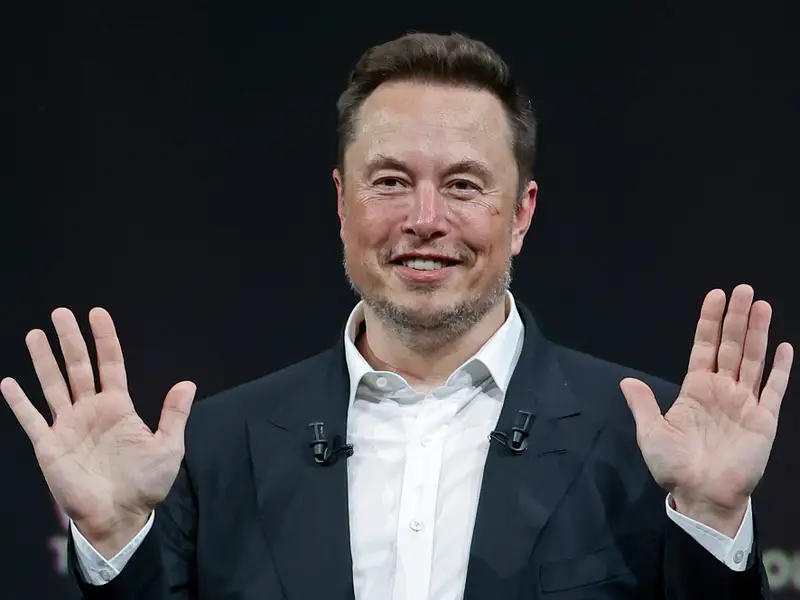Tesla’s Legal Saga: Musk’s $56 Billion Pay Package in the Spotlight
In the ever-dramatic world of Tesla, CEO Elon Musk’s $56 billion pay package is once again making headlines. This time, the electric vehicle titan is arguing that Musk’s lavish compensation plan, which has been a subject of legal battles and shareholder votes, should stand. The company’s latest court filing, made public on Thursday, asserts that the shareholders’ recent reapproval of the package solidifies Musk’s victory in this contentious case.
The backstory of this legal drama stretches back to January when Chancellor Kathaleen McCormick of Delaware’s Court of Chancery threw a wrench in Musk’s compensation gears. McCormick invalidated the pay plan, citing concerns about Musk’s cozy relationships with certain board members, which she found had influenced the negotiations. Furthermore, she pointed out that Tesla had not sufficiently communicated to shareholders that the company was already well on its way to meeting many of the plan’s ambitious performance targets.
Fast forward to two weeks ago, and Tesla shareholders have once again given their nod to Musk’s compensation package, originally greenlit in 2018. Tesla’s latest filing leverages this shareholder vote as a linchpin in their argument, urging the judge to issue a final order in favor of Musk and his golden compensation plan.
But the saga doesn’t end there. Tesla is also pushing to trim down the hefty legal fees. The attorneys representing the shareholder who initiated the lawsuit have requested a sizable payout, and Tesla is not keen on footing the bill. The company contends that the amount should be slashed to a more modest $13.6 million, arguing that the legal fees should reflect the reality of the situation—namely, that the shareholders have ultimately backed Musk’s compensation.
This ongoing legal tussle underscores the complex dynamics at play within Tesla’s corporate governance. The case raises critical questions about the influence of personal relationships on corporate decision-making and the transparency with which companies communicate significant financial plans to their shareholders. Musk’s compensation package, tied to Tesla’s market capitalization and performance milestones, was designed to align his interests with those of shareholders. However, the process by which it was approved has been marred by accusations of impropriety and lack of transparency.
As the court deliberates on Tesla’s latest filing, the outcome could set significant precedents for executive compensation and corporate governance. Will the shareholders’ reapproval of Musk’s pay package be enough to sway the court? Or will Chancellor McCormick stand firm on her initial ruling, reinforcing the need for more stringent oversight and transparency in corporate negotiations?
In the world of Tesla, where innovation and controversy often go hand in hand, this legal battle is yet another chapter in the unfolding story of a company that continues to captivate the public’s attention. As the court proceedings continue, one thing is clear: the stakes are high, and the outcome could reverberate far beyond Tesla’s boardroom.






